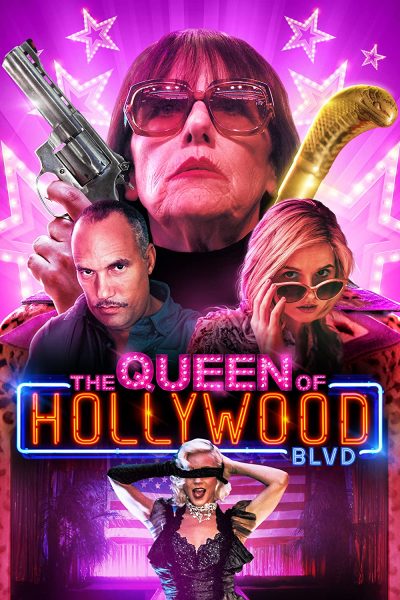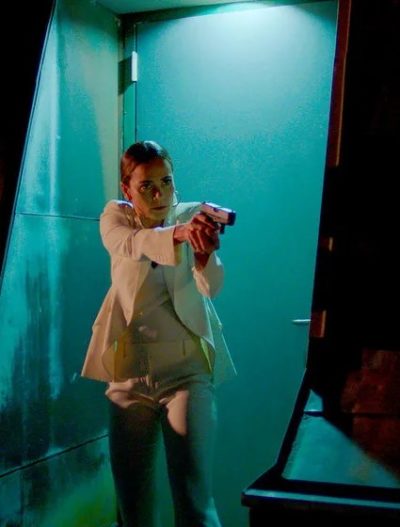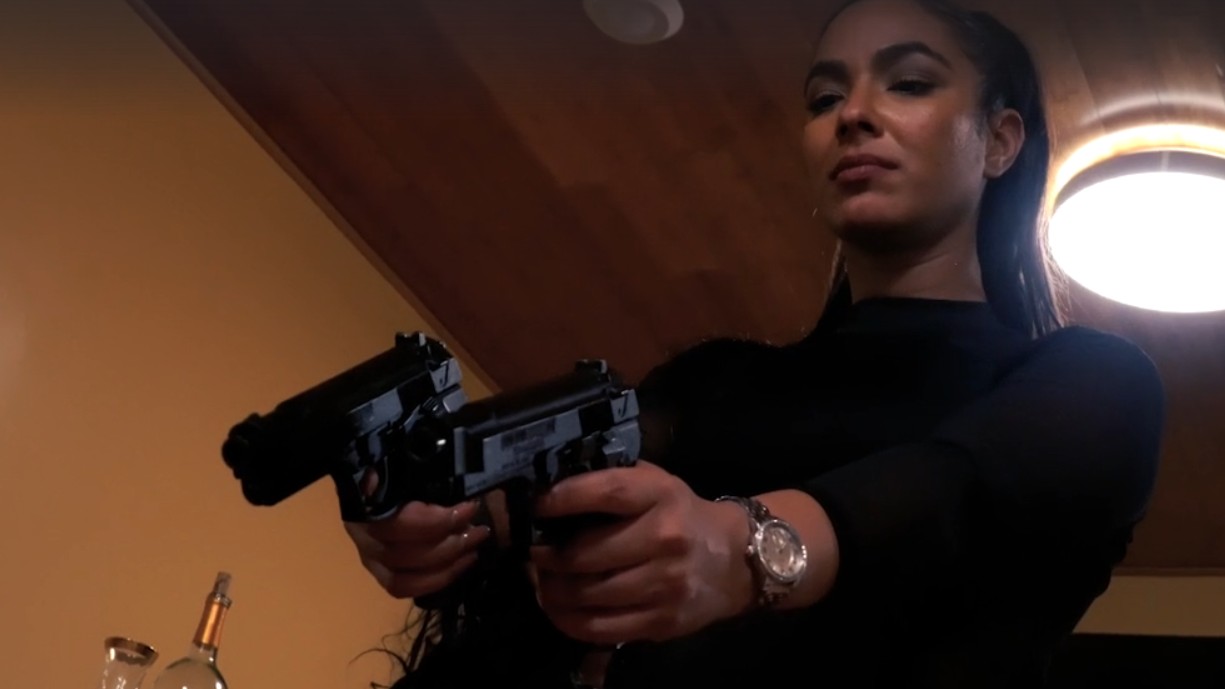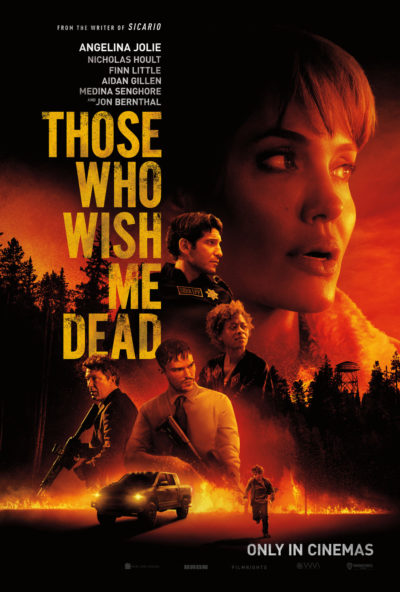★★★
“Crank-ette”
 Certainly the kind of action film for which you need to suspend your disbelief. In this case, the closest parallel is, as the tag-line above implies, the Jason Statham vehicle, Crank. In it, Statham’s character was poisoned, and had to keep his adrenaline permanently up for the rest of the film. to avoid dying. Here, it’s almost the reverse. Beckinsale’s character, Lindy, was born with a rare condition, “intermittent explosive disorder”. This is pretty much what it sounds like: uncontrollable aggressive outbursts, like a physical version of Tourette’s. This is a real thing. Not so real? Lindy is also “blessed” with high levels of cortisol, which make her faster and stronger than anyone else. Somewhere in the middle? Lindy controls her IED with electric shocks from a handheld device given to her by her therapist, Dr. Munchin (Tucci). All told, I’m tagging this as SF. #ChangeMyMind
Certainly the kind of action film for which you need to suspend your disbelief. In this case, the closest parallel is, as the tag-line above implies, the Jason Statham vehicle, Crank. In it, Statham’s character was poisoned, and had to keep his adrenaline permanently up for the rest of the film. to avoid dying. Here, it’s almost the reverse. Beckinsale’s character, Lindy, was born with a rare condition, “intermittent explosive disorder”. This is pretty much what it sounds like: uncontrollable aggressive outbursts, like a physical version of Tourette’s. This is a real thing. Not so real? Lindy is also “blessed” with high levels of cortisol, which make her faster and stronger than anyone else. Somewhere in the middle? Lindy controls her IED with electric shocks from a handheld device given to her by her therapist, Dr. Munchin (Tucci). All told, I’m tagging this as SF. #ChangeMyMind
She’s just about coping with life, until her new boyfriend, accountant Justin (Courtney), turns up as a corpse. Turns out he was working for some very shady characters, and apparently paid the price. Time for Lindy to put her affliction to good use, despite the efforts of the cops, such as Detective Vicars (Cannavale) to prevent her. She works her way up the criminal food-chain towards Gareth Fizel (David Bradley – who played Walder Frey in Game of Thrones, so knows about getting hunted by single-minded young women!), cracking heads as appropriate. Yet, things may not quite be what they seem. Not least, after the opening narration by Susan Sarandon, we kept expecting her to show up. You’ll have a wait. It’s also obvious that someone like Lindy has her uses, as a blunt instrument with which to solve other people’s problems.
While the ending is very clearly trying to start a franchise, I’m not certain there would be much more to offer. It is a pleasure to see Beckinsale kicking butt, in a way we haven’t seen in a few years (probably since the last Underworld film, Blood Wars). However, I can’t help thinking she doesn’t seem “right” for this kind of characters, which I would have expected to be all rough edges, rather than Beckinsale’s smoothness. It almost feels as if it was, perhaps, originally written for the likes of low-budget action god Scott Adkins, only for them to do a quick search-replace of “he” with “she” in the script, after Beckinsale showed interest and they got more money. Even there, it might have been more convincing with somebody like Ruby Rose as Lindy, who could bring the necessary edge to proceedings.
To be honest, the action was a little disappointing too – perhaps more so in quantity than quality, as it does have a couple of decent, well-choreographed brawls. I didn’t feel particularly as if there was much sense of escalation to proceedings; I mean, it’s not as if Bradley is going to pose much of a threat, is it? I can’t help comparing it to Black Widow which, despite its flaws, did build to a rousing climax. Here, although I was never bored, it is kinda easy to see why this bypassed cinemas and went straight to Amazon Prime.
Dir: Tanya Wexler
Star: Kate Beckinsale, Bobby Cannavale, Stanley Tucci, Jai Courtney






















 This is definitely not your typical action heroine. For it’s Mary’s (Hochschild) 60th birthday when the events of this film unfold. She runs a long-running strip club on the titular location, when Duke (Smith) spoils the party, by demanding she hand over ownership of the establishment, to settle a loan taken out decades earlier. Mary isn’t having any of it, and when Duke’s lackie Punk Rock Charlie (Berkowitz) shows up to take over, she beats him up and leaves him for dead in the Bronson Caves – which, as the film helpfully tells us, was used as the Batcave for the Batman TV series. But Duke is ahead of her, and has kidnapped Mary’s son. To free him, he demands she do another job: kill an accountant who is being too talkative for Duke’s liking.
This is definitely not your typical action heroine. For it’s Mary’s (Hochschild) 60th birthday when the events of this film unfold. She runs a long-running strip club on the titular location, when Duke (Smith) spoils the party, by demanding she hand over ownership of the establishment, to settle a loan taken out decades earlier. Mary isn’t having any of it, and when Duke’s lackie Punk Rock Charlie (Berkowitz) shows up to take over, she beats him up and leaves him for dead in the Bronson Caves – which, as the film helpfully tells us, was used as the Batcave for the Batman TV series. But Duke is ahead of her, and has kidnapped Mary’s son. To free him, he demands she do another job: kill an accountant who is being too talkative for Duke’s liking. 






